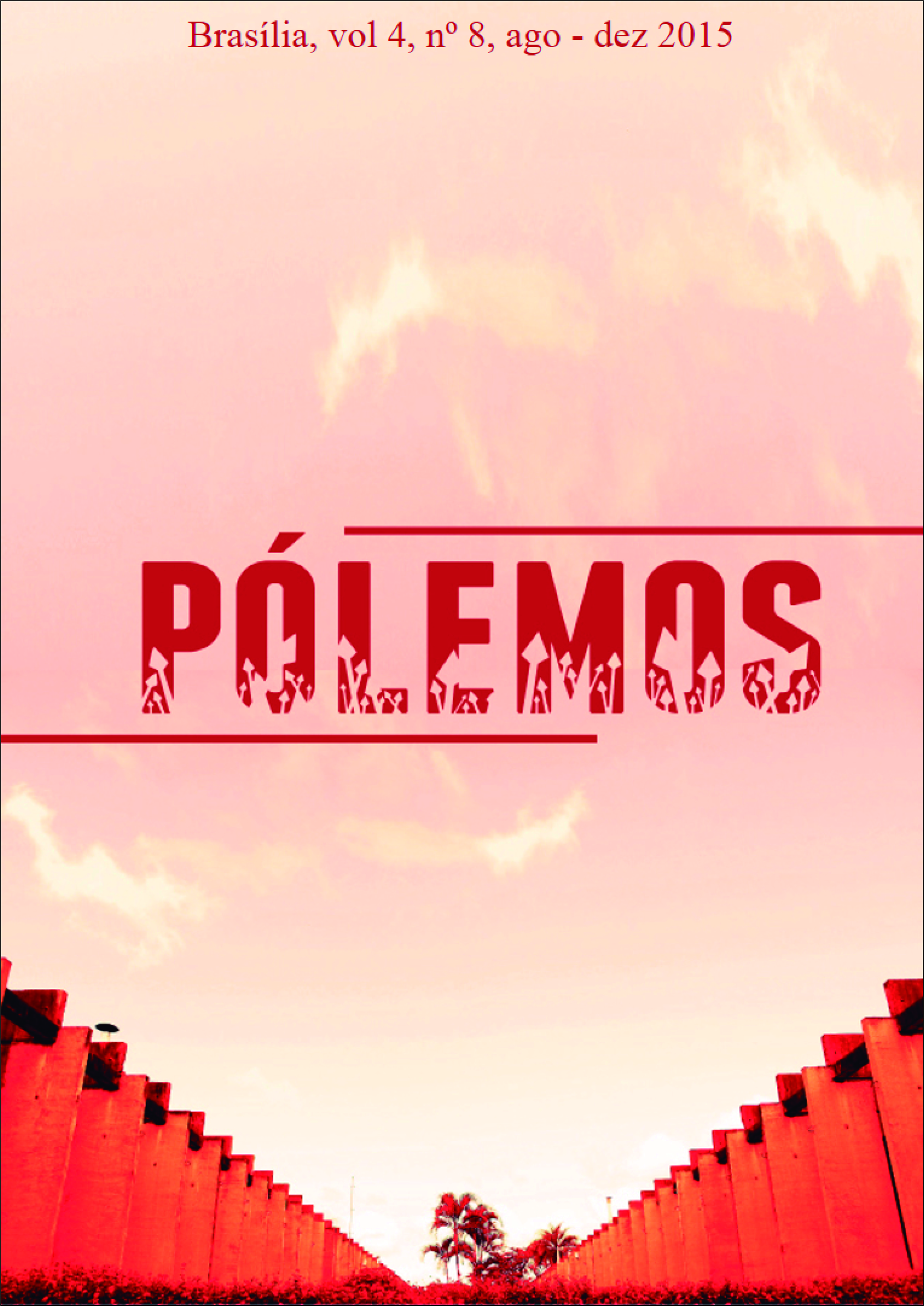RATIONALISM IN DAVID HUME
DOI:
https://doi.org/10.26512/pl.v4i8.11695Keywords:
David Hume. Knowledge. Impressions and Ideas. Rationalism.Abstract
To David Hume, human knowledge originates from experience. However, there is a part of this knowledge that isn’t derived from the same source. In this case, for the philosopher, when knowledge doesn’t originate from experience, it comes from the imagination. And this is precisely the case of mathematics that, because it originates independent of experience, carries with it a sure and certain knowledge. In this sense, the objective of this paper is to expound the theory of knowledge in David Hume and how it questions rationalism. As such, I intend to examine the Treatise of Human Nature and the Investigations about Human Understanding, having as a conducting wire the following parts: i) the problem of the formation of human knowledge in general; ii) understand the status of math as knowledge, as well as iii) to approach the Cartesian influence in Hume’s theory through Berkeley’s and Locke’s theories.Downloads
References
DESCARTES, R. Meditações sobre Filosofia Primeira (partes II, III e VI). Trad. Fausto Castilho, São Paulo: Unicamp, 2013.
HUME, D. Investigação acerca do Entendimento Humano (sec. I a VII e XII). Trad. Anoar Aiex. São Paulo: Nova Cultural, 2004.
_________. Tratado da Natureza Humana: uma tentativa de introduzir o método experimental de raciocínio nos assuntos morais (Livros I e II). Trad. D. Danowski, São Paulo: UNESP, 2009.
LOCKE, J. Ensaio acerca do Entendimento Humano (Livros I e II). Trad. Anoar Aiex. São Paulo: Nova Cultural, 2005.
Downloads
Published
How to Cite
Issue
Section
License
Copyright (c) 2016 Pólemos

This work is licensed under a Creative Commons Attribution-NonCommercial-NoDerivatives 4.0 International License.
Todos os trabalhos que forem aceitos para publicação, após o devido processo avaliativo, serão publicados sob uma licença Creative Commons, na modalidade Attribution-NonCommercial-NoDerivatives 4.0 International Public License (CC BY-NC-ND 4.0). Esta licença permite que qualquer pessoa copie e distribua a obra total e derivadas criadas a partir dela, desde que seja dado crédito (atribuição) ao autor / Ã autora / aos autores / às autoras.


